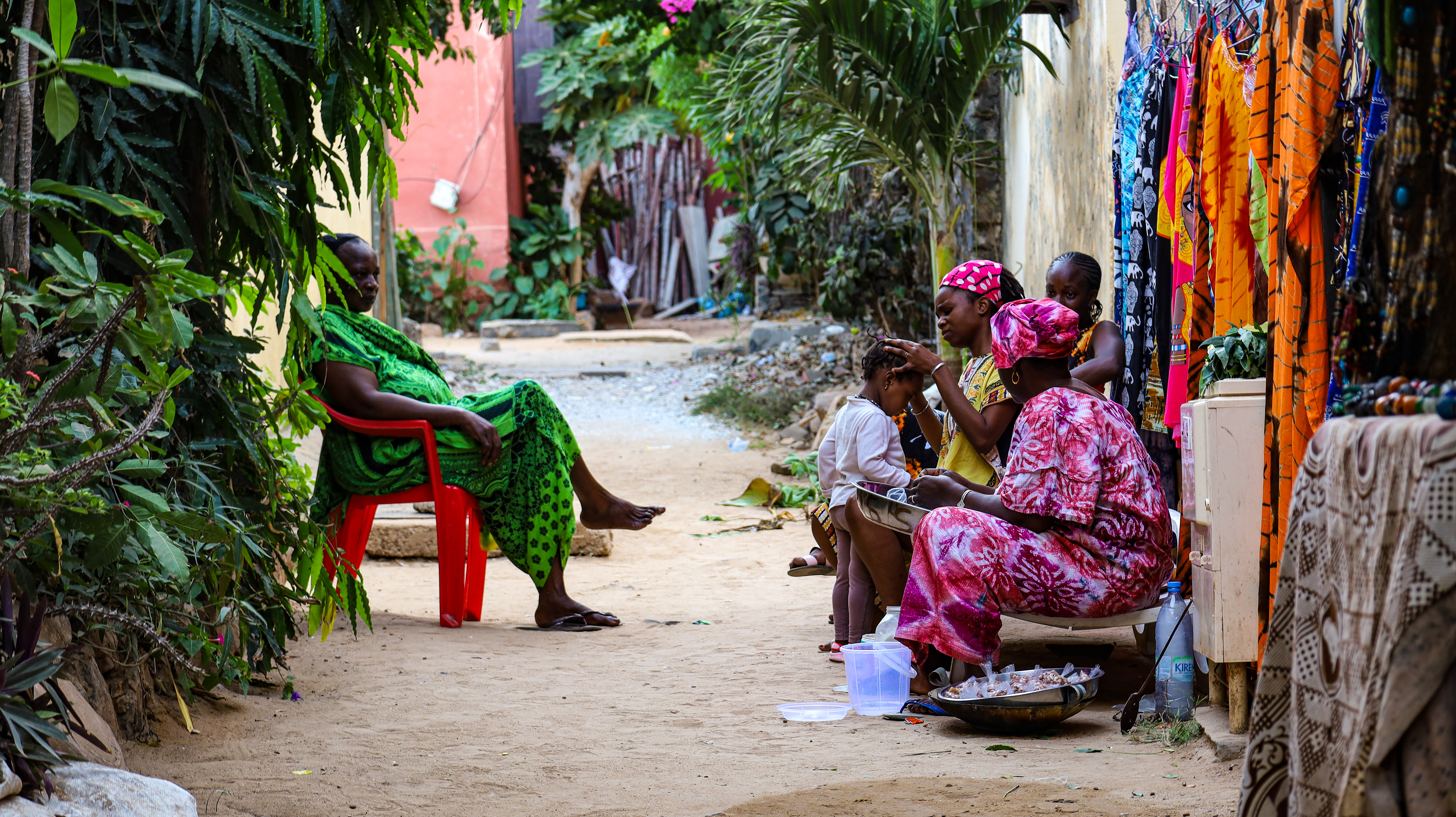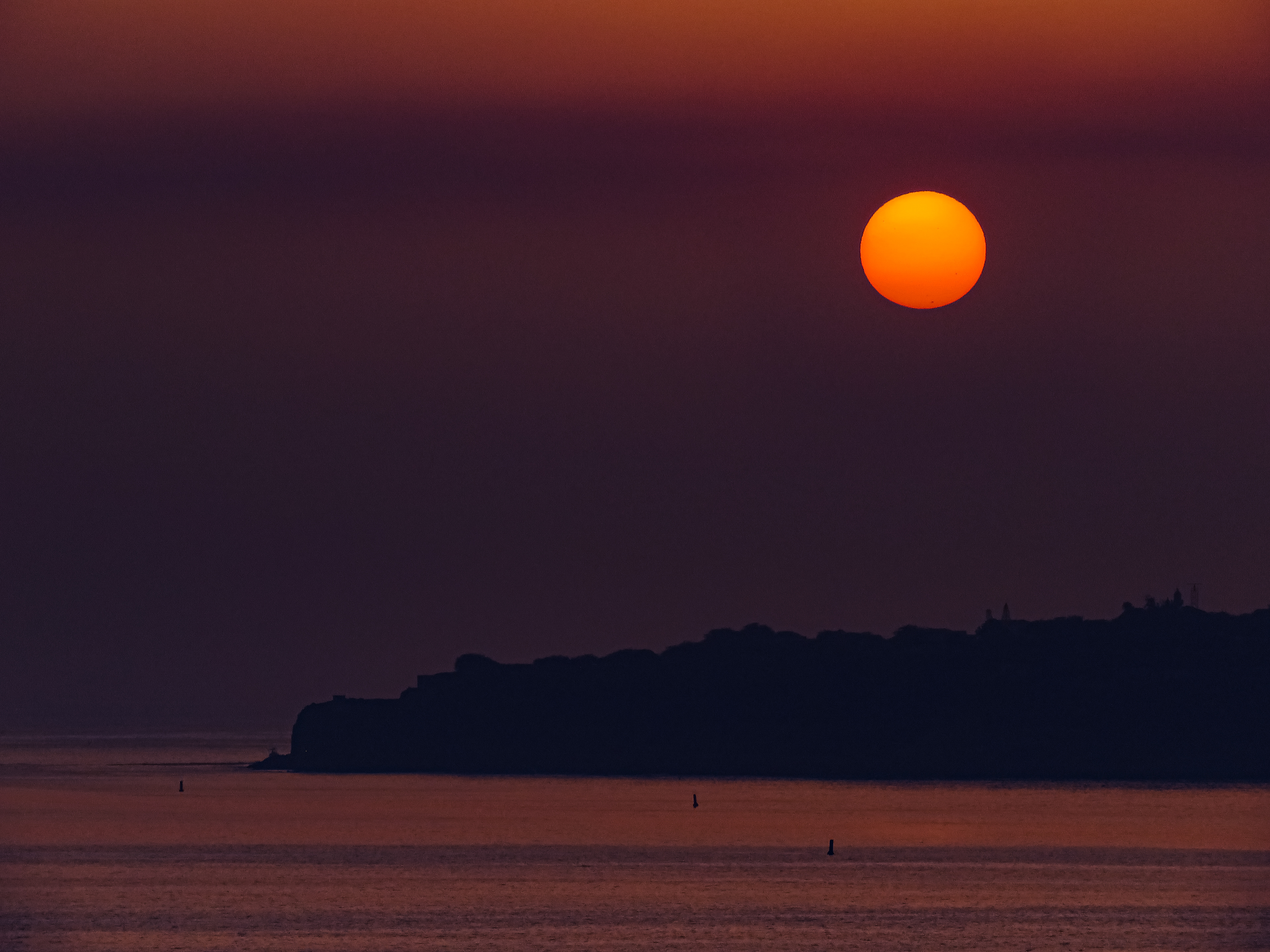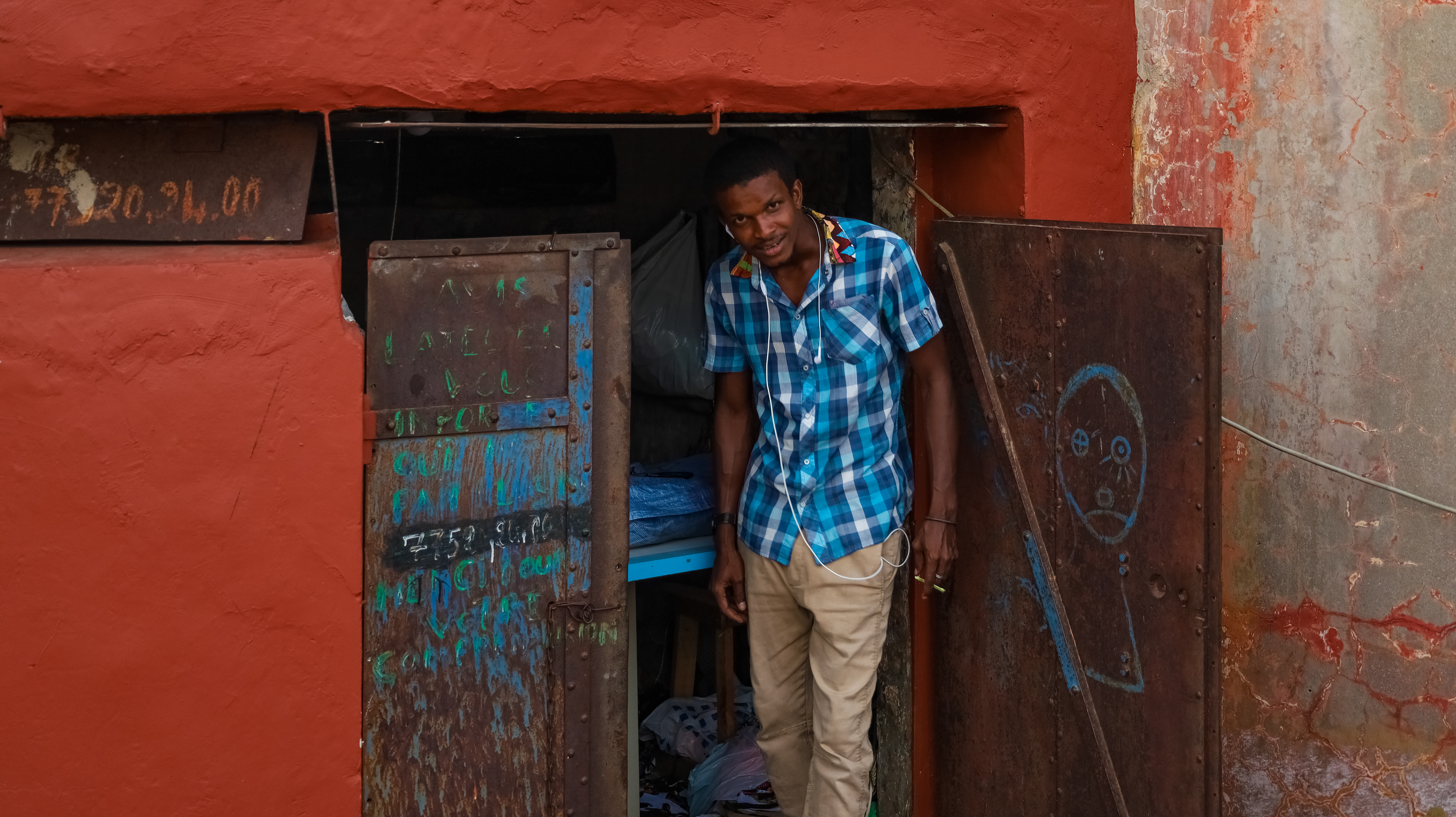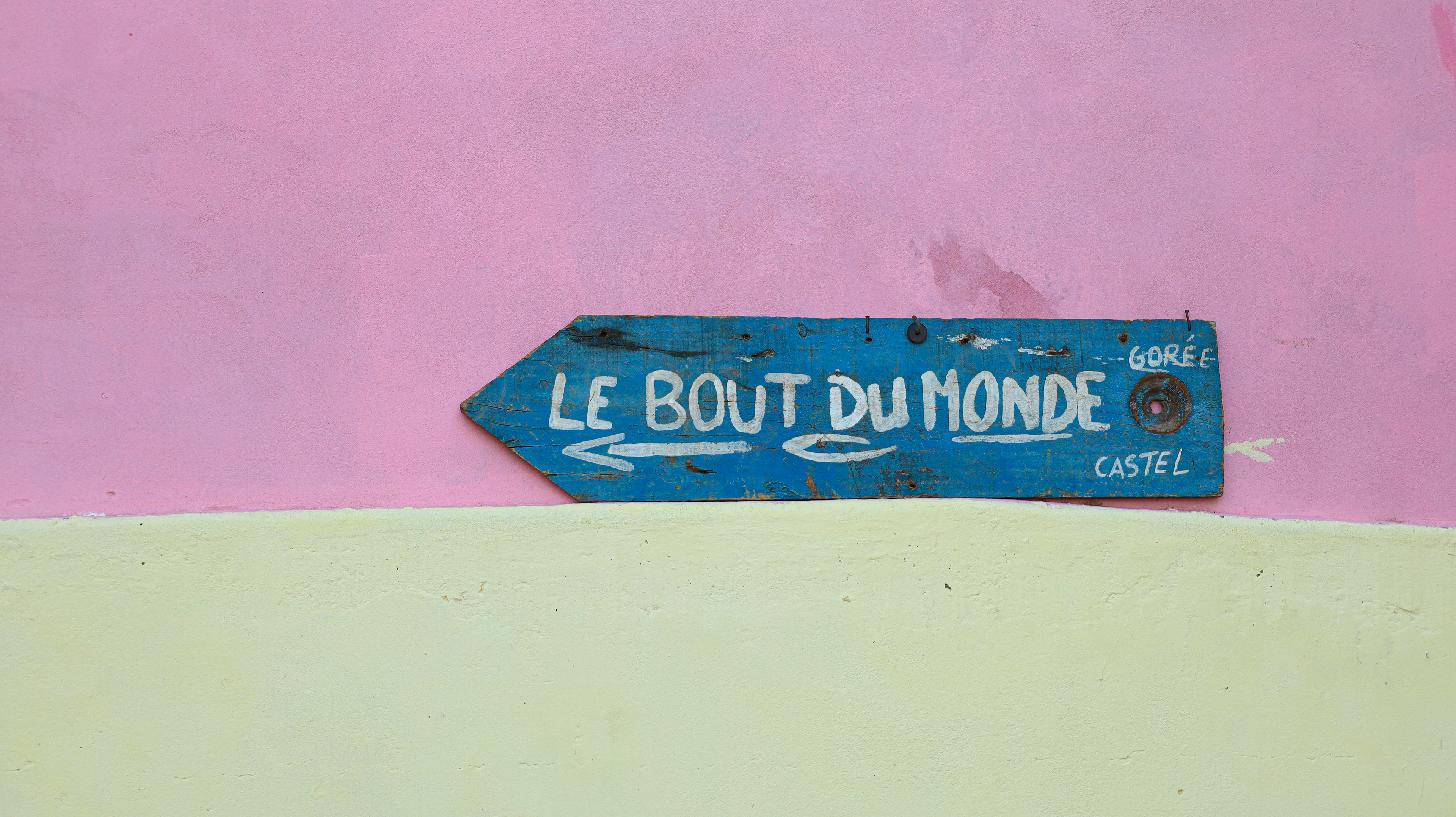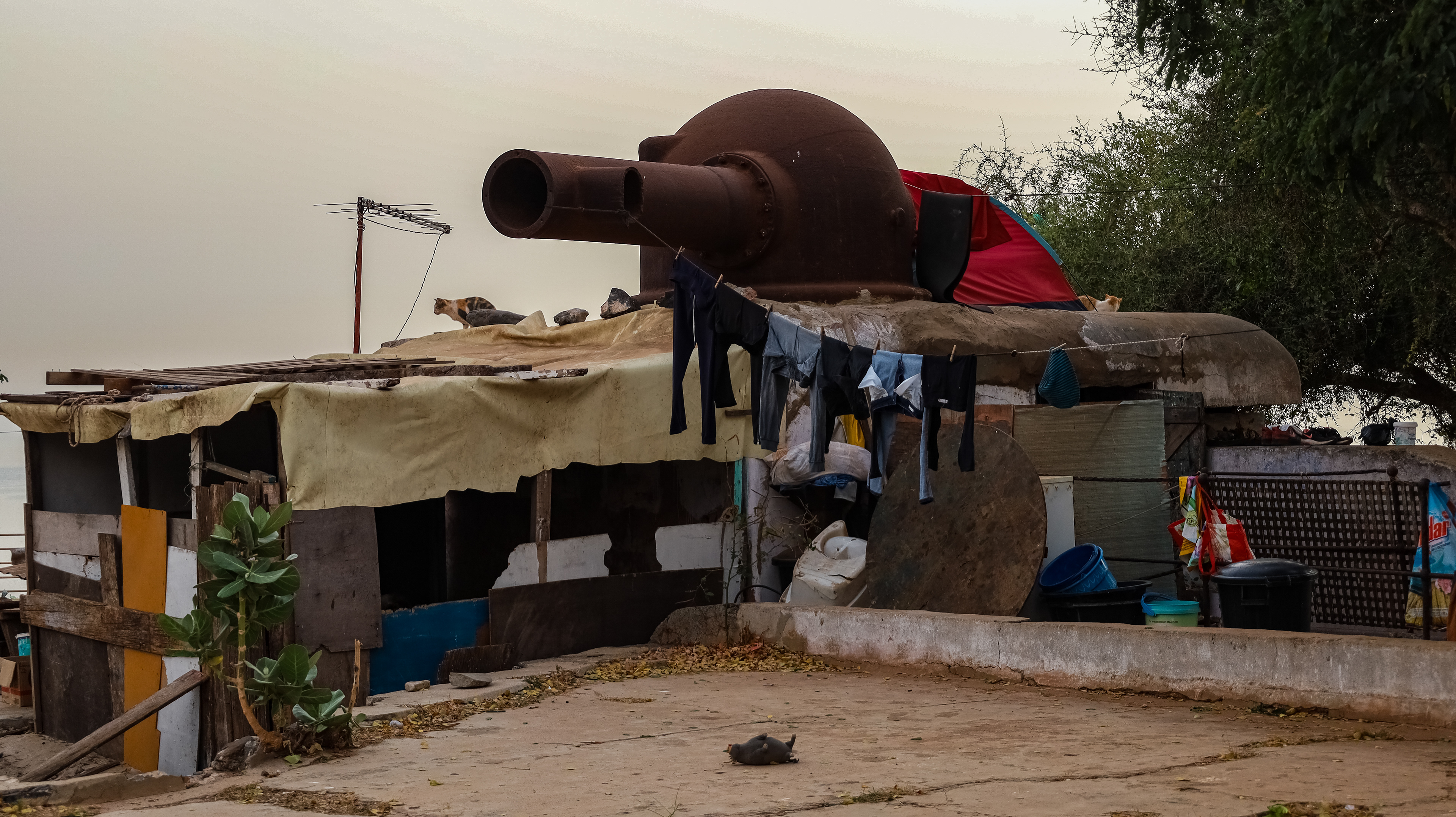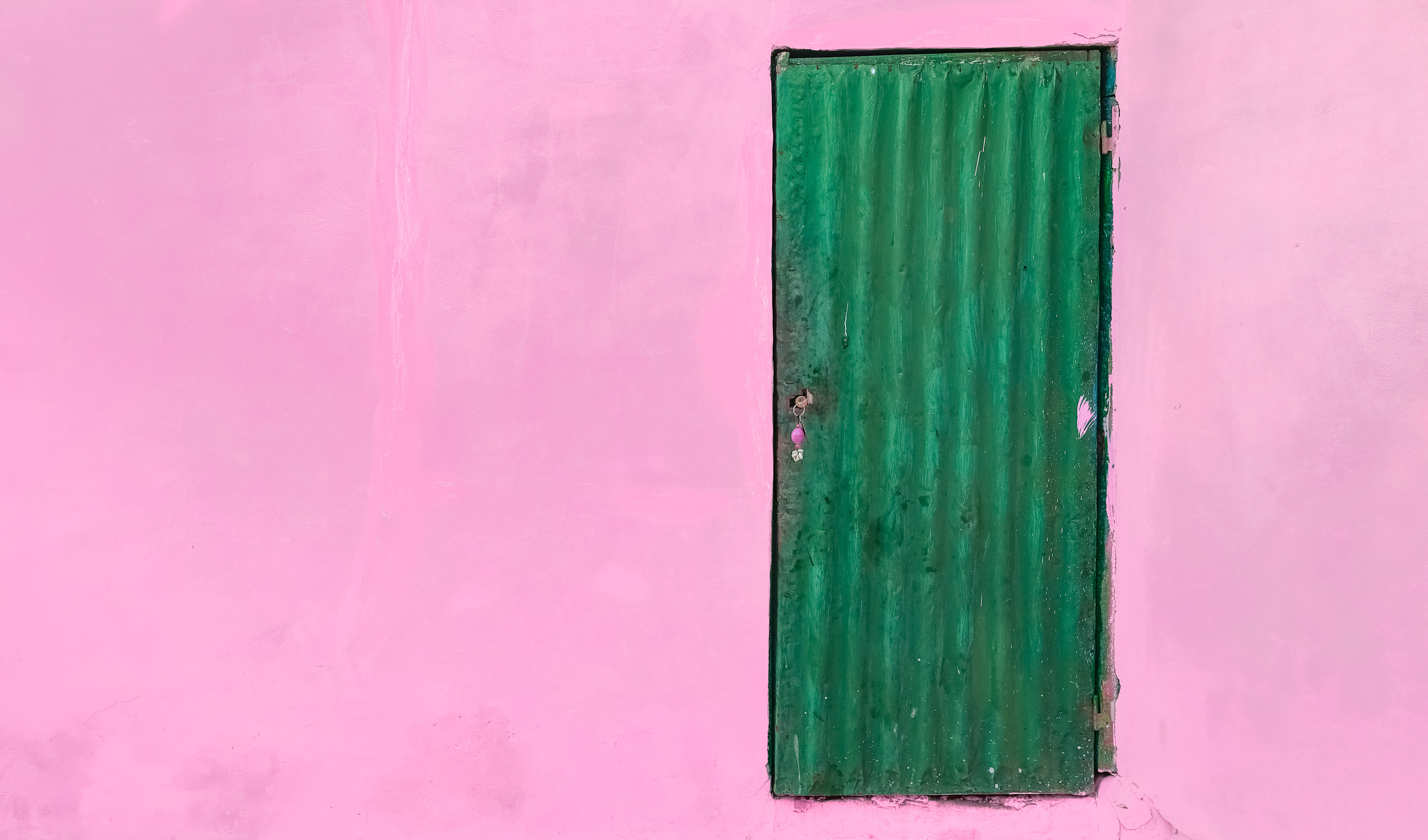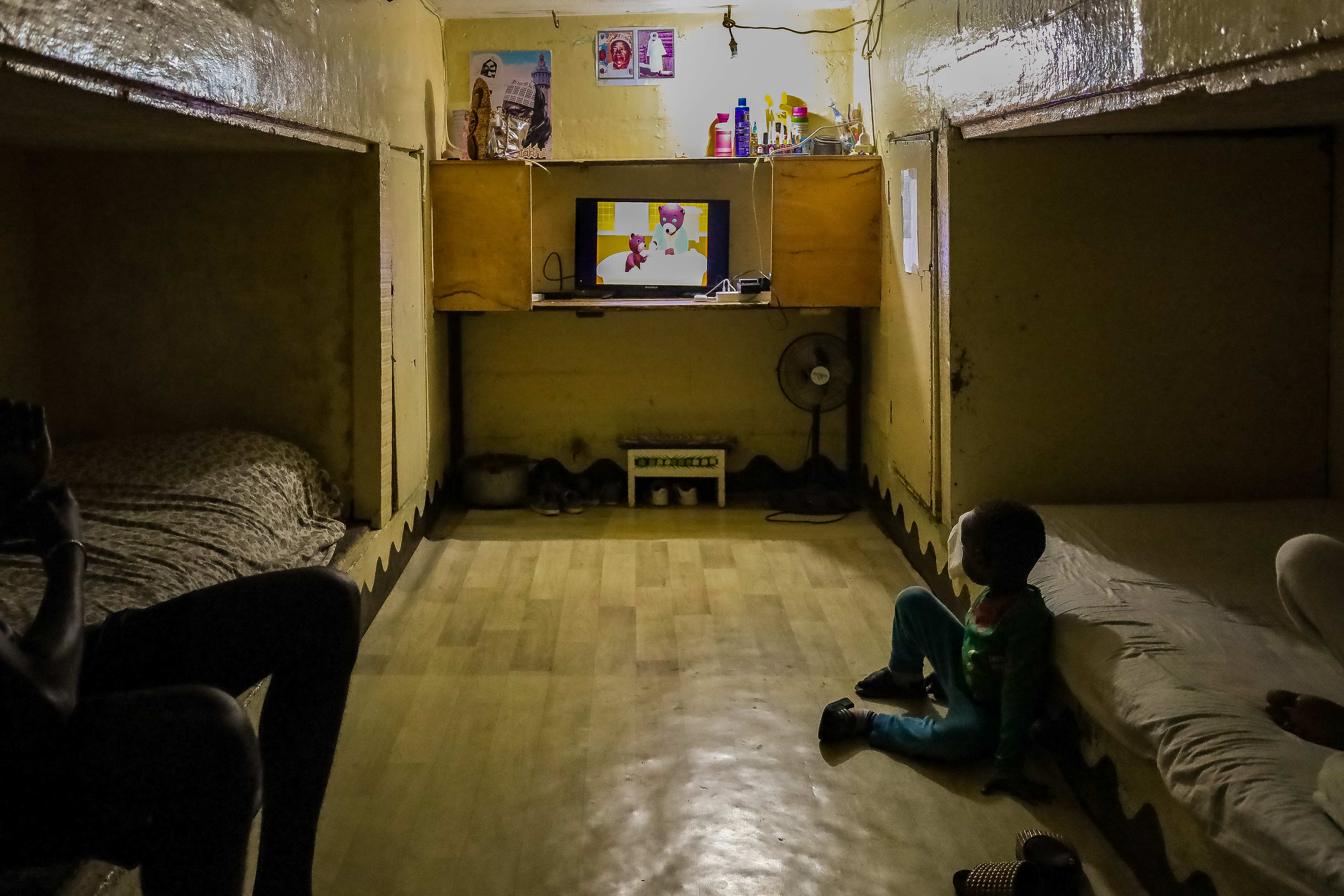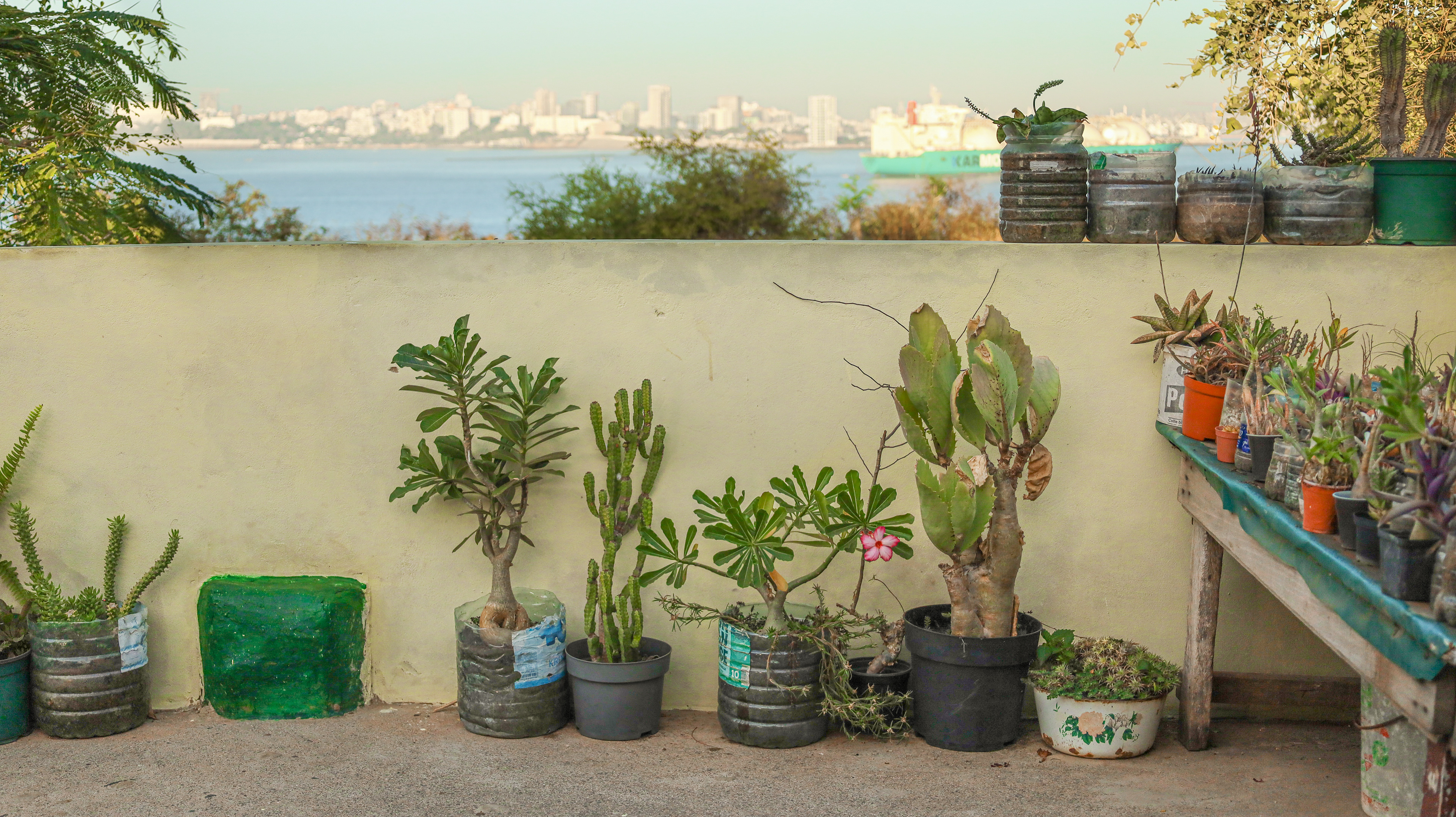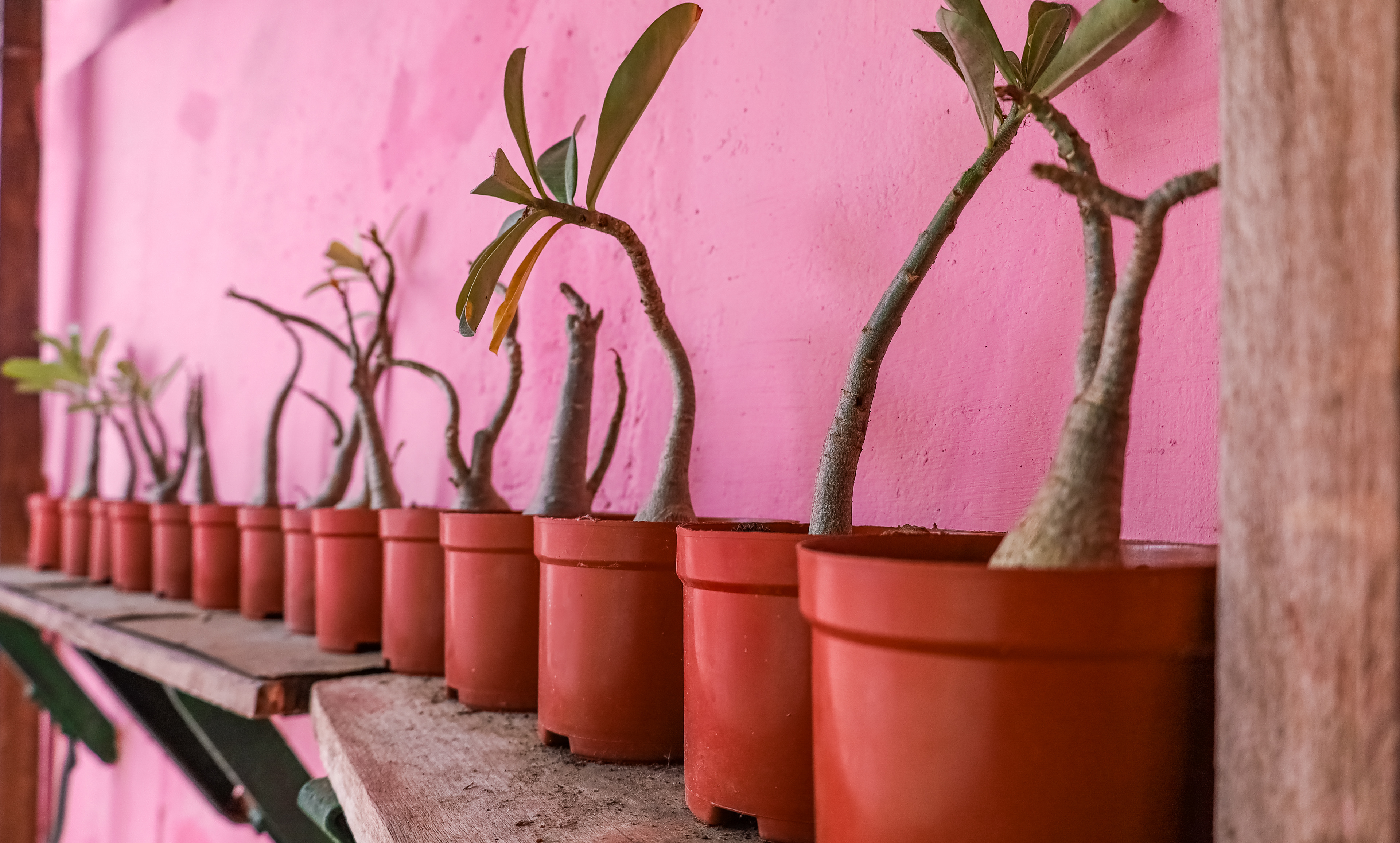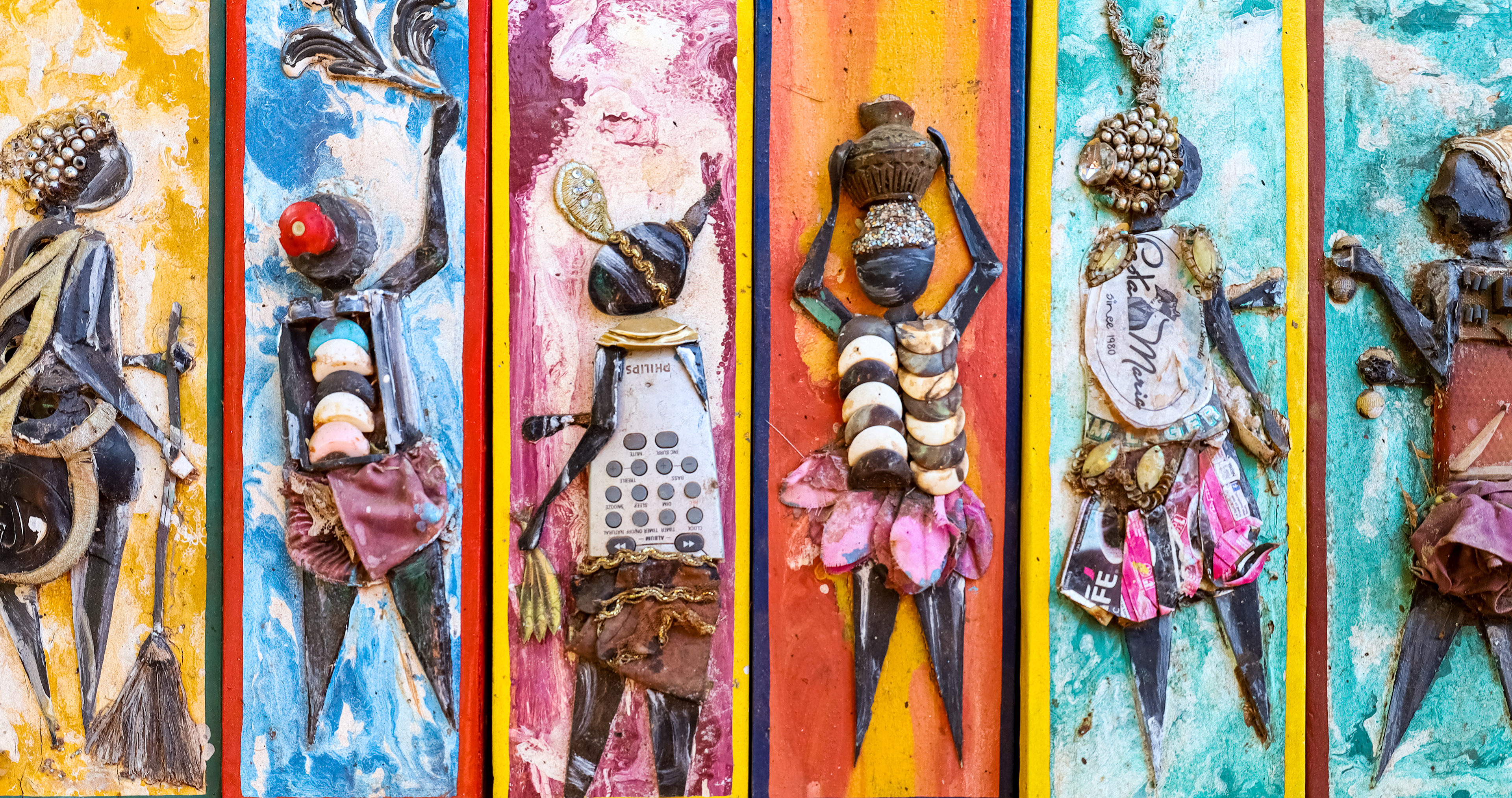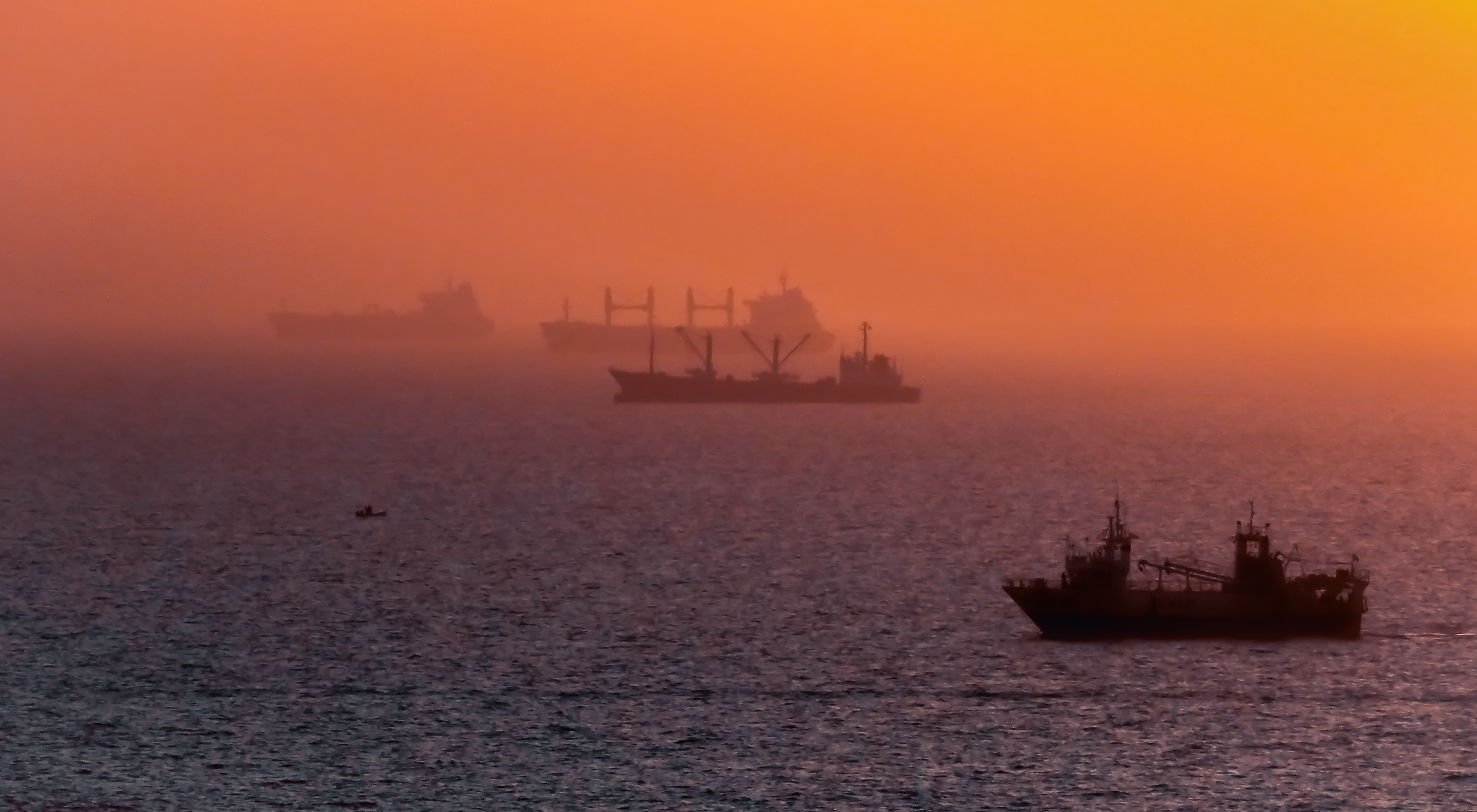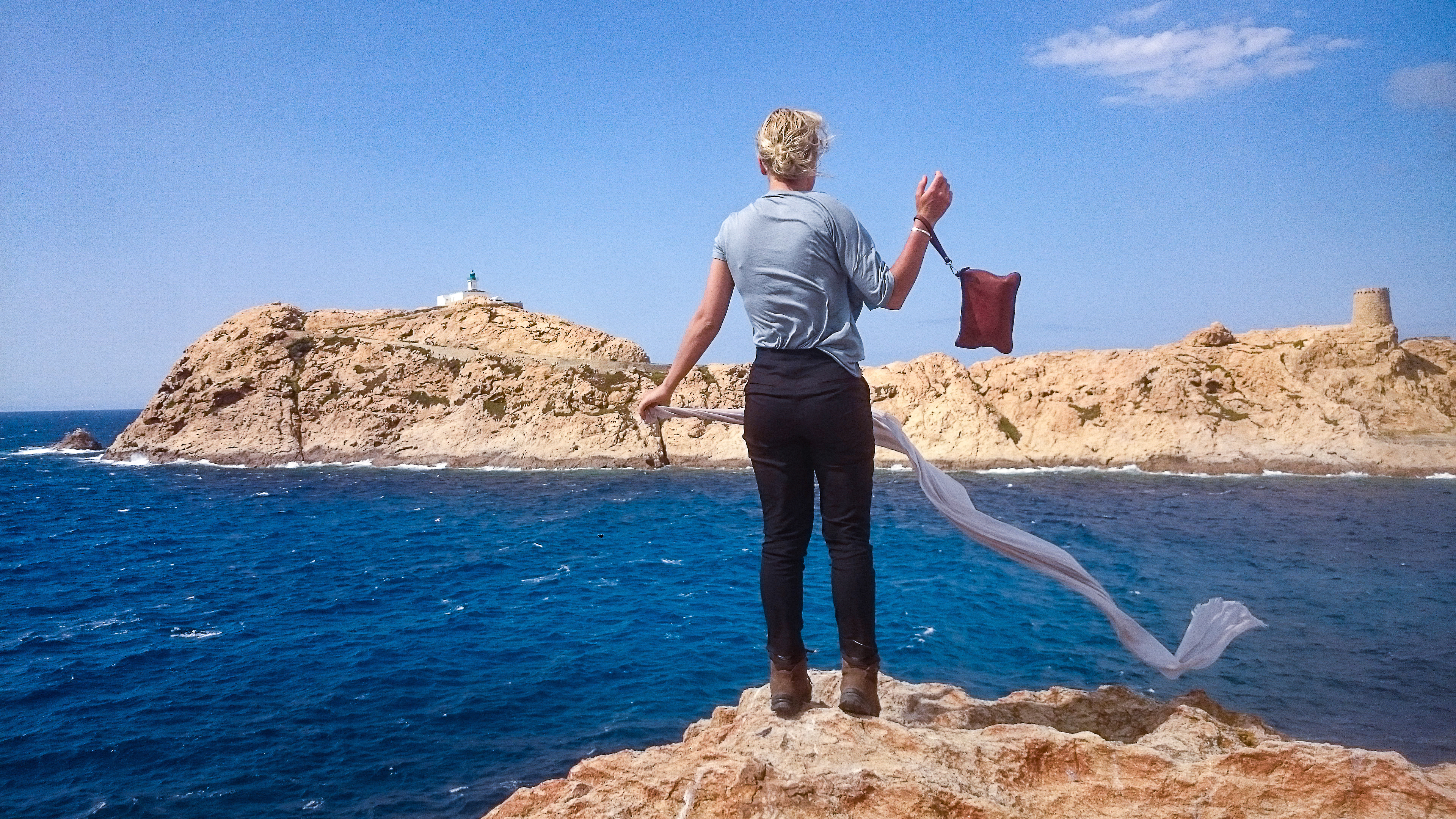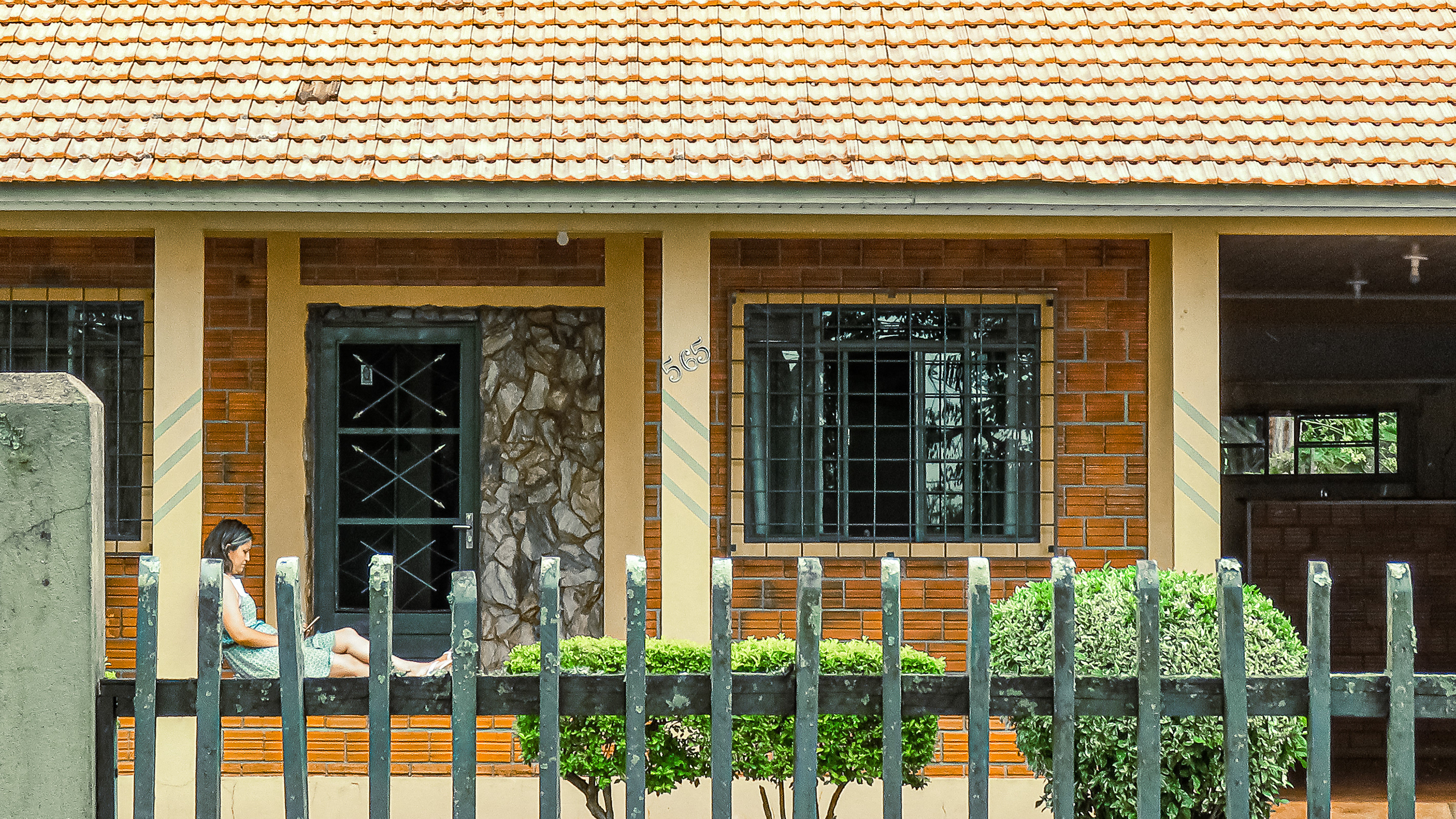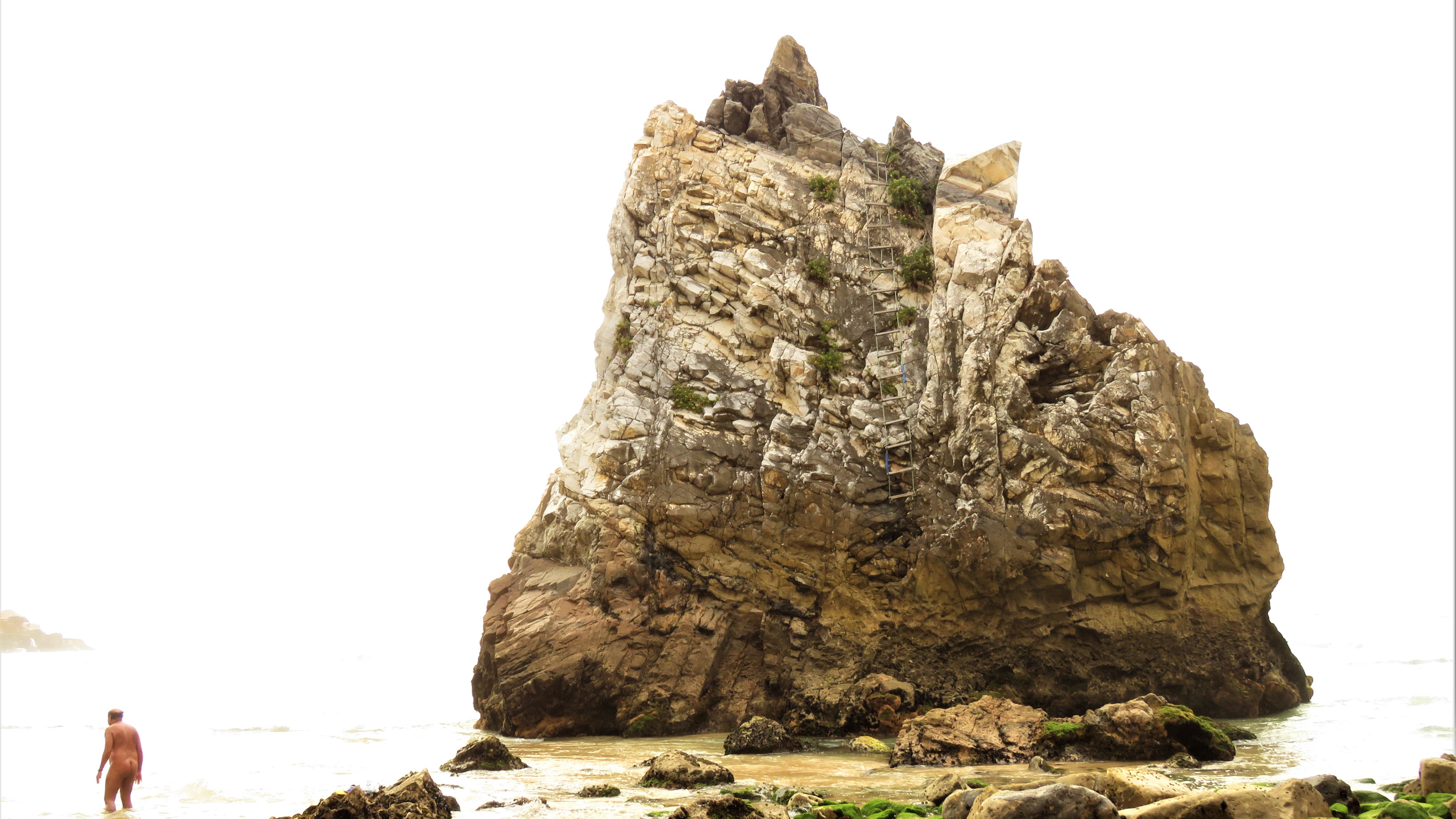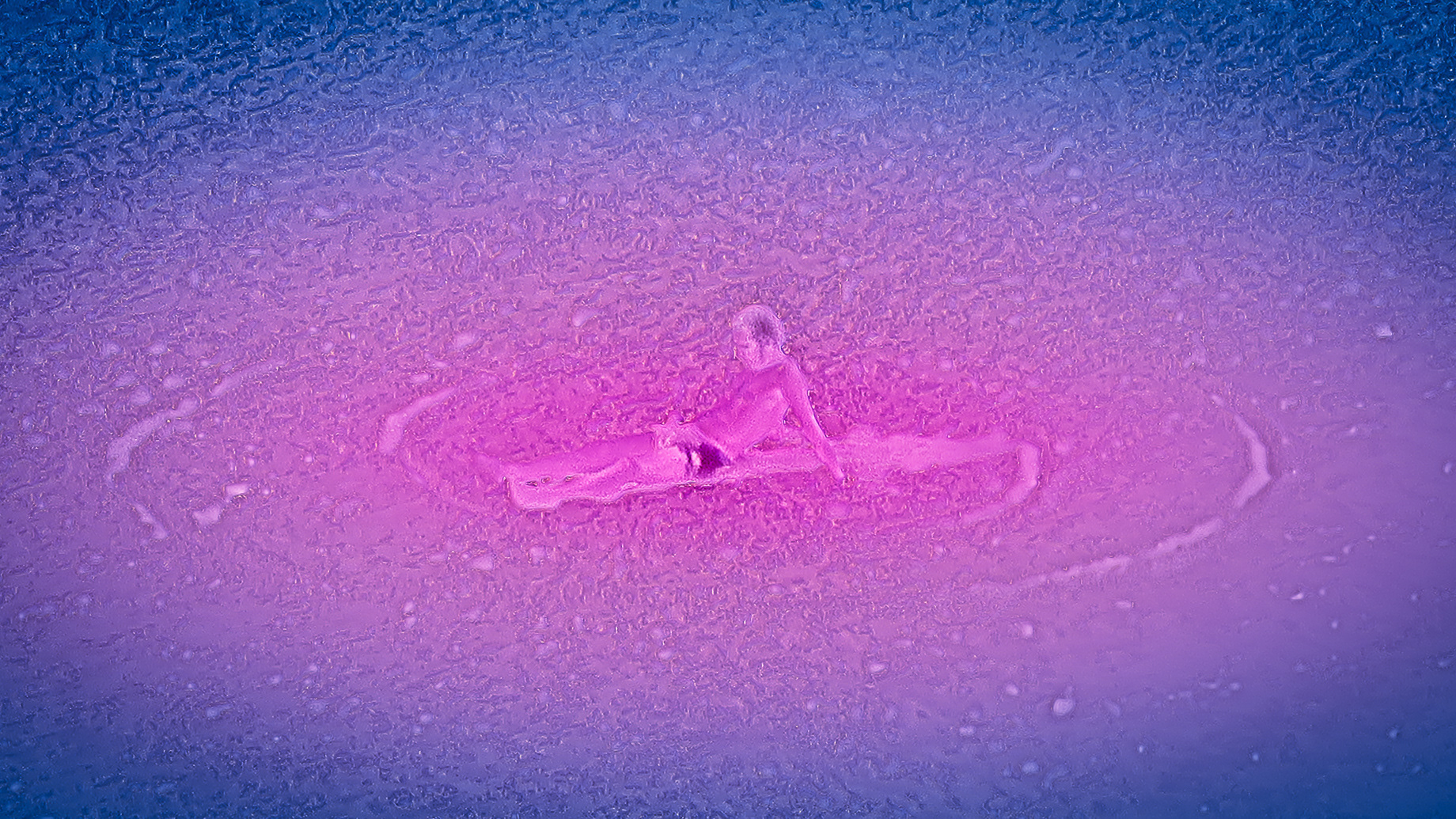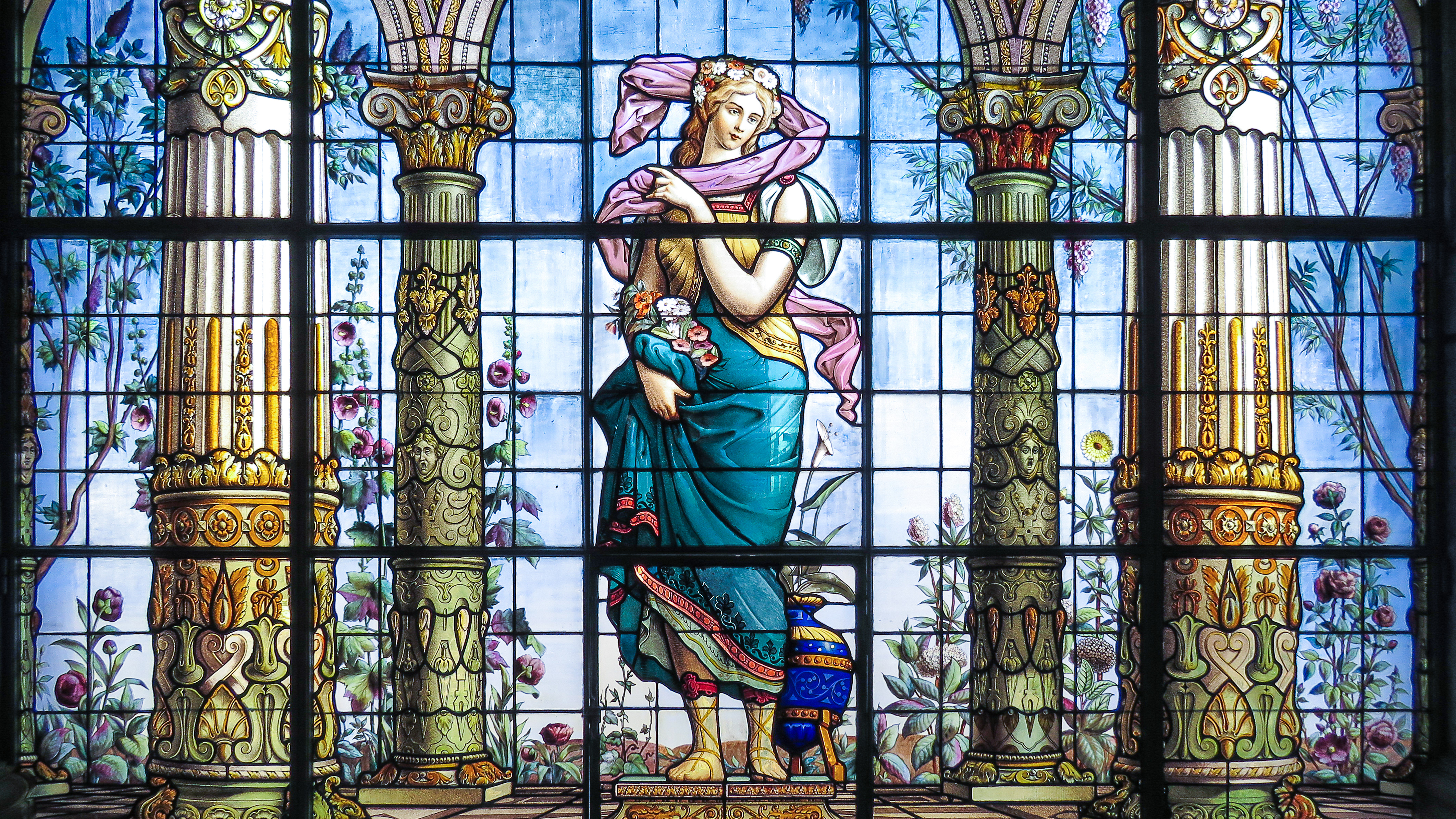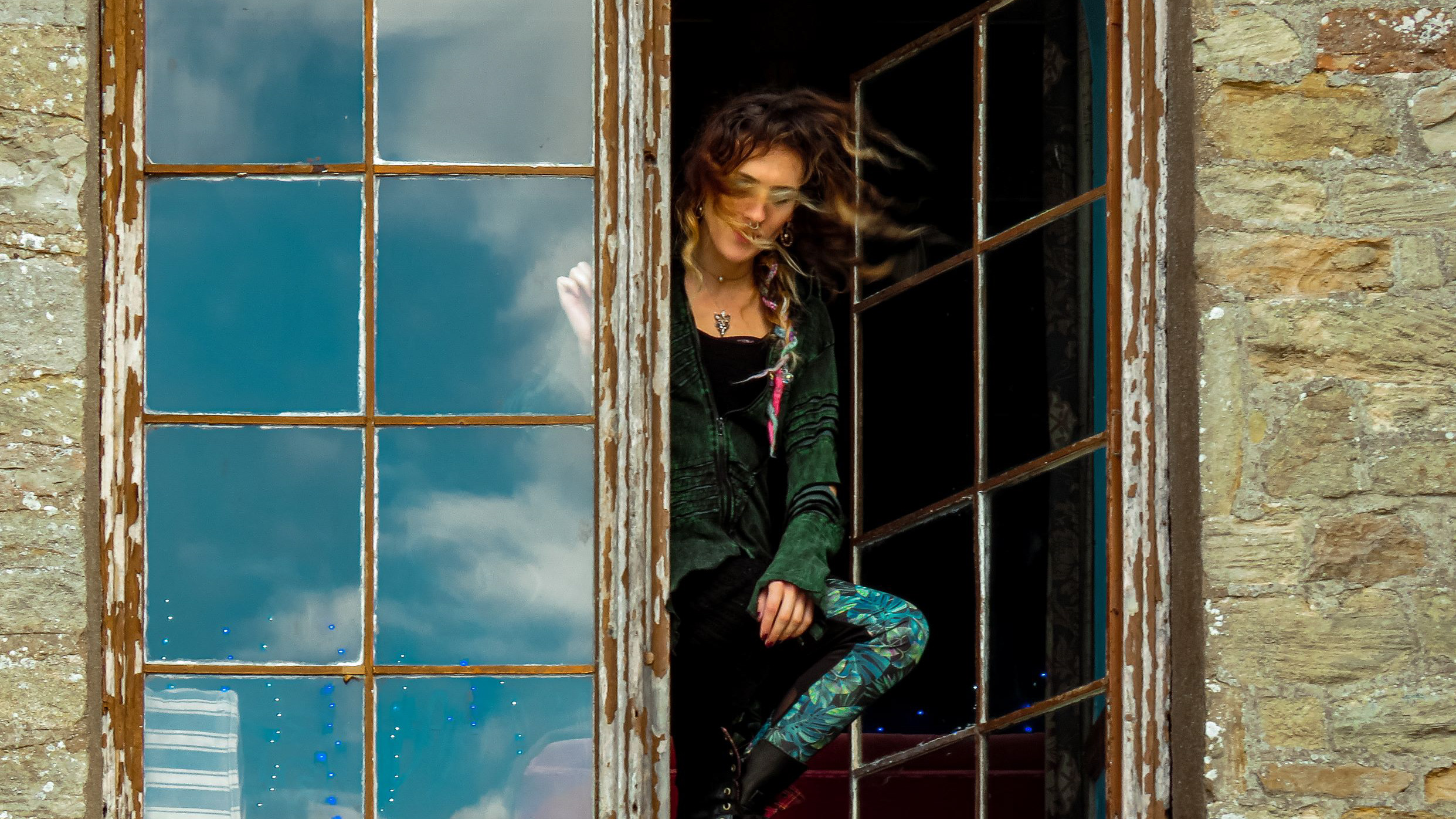Israel is a chaotic melting pot. For more than a century, Jews from Europe, Asia, Africa, and the Americas have been gradually returning from the diaspora to root themselves in the land of the Bible. Despite sharing a common genetic heritage, Jews from Morocco look Moroccan in their appearance, Jews from Yemen resemble Yemenites, Jews from Poland appear like any typical North European, and so on. Israel, in this sense, stands as one of the most diverse countries in the world, yet paradoxically it is the most homogenous—only solid proof of Jewish heritage, passed down from the mother's side, will get you into this “exclusive” club.
I stand as a living testament to this diversity. Born of a union between my father's Germanic lineage—fair-skinned, blonde, and blue-eyed—and my mother's Yemenite roots—dark-skinned, short, and featuring gentle features. Considering dark genes are more recessive, I turned up resembling more the Yemen side, including a dark Mocca skin tone.
Growing up in the 80s, being brown was not to my best advantage. European culture, aesthetics, and education were considered superior in Israeli society (in assimilation to the norm in the rest of the world), and being “oriental” was a source of shame. The small town I grew up in was predominantly white, so I felt that inferiority literally on my skin. I was nicknamed “Kooshi”, a Hebrew racial slur, and it was used against me every time someone wanted to gain power over me or to remind me that I was different.
One poignant memory from my childhood occurred when I was 7 or 8 years old. My group of friends in the neighborhood decided one day, for no particular reason, to boycott and exclude me from playing with them. I don’t remember much of that event, but I do remember myself running back home in tears hearing them behind me chanting a racist rhym.
I showed up at the doorstep like a wounded bird, feeling humiliated and betrayed. My mother, a gorgeous Amazon with dark curls, embraced me with a hug, wiped my tears, and said, “One day they will envy you for your wonderful skin color.” Back then I craved conformity, aspiring to be like everyone else. Little did I realize the prophetic truth in her words.
As the years passed, the harsh Israeli sun taught my friends the disadvantages of having light skin and coinciding with a cultural revolution in Israel that ended the European hegemony, I gradually started to feel pride in my looks. Like an ugly duckling's transformation into a black swan, I stopped hiding, raised my head high, and flaunted the beauty of my distinctive feathers. Not a day has passed since then without thanking my mom for her genes and the power she gave me with this brown skin that continues to grace her even in her seventh decade.
January 2023
The sun was setting over Dakar on a warm December evening, gradually fading into a thick layer of smog covering the bustling city, coating it with a thin yellow blanket of car exhaust and desert dust. The city of Dakar stretches out from the mainland of Senegal on a rocky peninsula, as trying to escape the grip of the dry continent and breathe in the fresh Atlantic winds. Yet, even those winds cannot blow away the indelible imprints of millions of human endeavors and the blood-soaked history beneath the chaotic urban sprawl.
From the vantage point of Goree, a quaint island off Dakar's shores, I watched the sun's descent. This colorful oasis, free of cars, offered a stark contrast to the bustling city I had left behind 2 hours ago. Narrow streets paved with rounded stones flow between charming 2-story houses each painted with a different hue. Small stands stationed along those routes display African art and small snacks for the herd of tourists that wash the island every day. But now, a few minutes before the sun disappears beyond the horizon, it feels like everyone left, and the only noise the wind carries is of the local kids playing soccer in a nearby improvised concrete soccer field. This concrete plateau is the roof of an old bunker, a part of a fortress built by French colonialists at the end of the 19th century. This tiny island witnessed all major colonial empires since the year 1445—Portugal, Netherlands, England, and France, marking their footprint on the landscape and a scar on the communities of Africa.
Goree earned the name "The End of the World" not merely for its westernmost location in Africa, but more profoundly as the last piece of the motherland’s soil that countless Africans touched before being sent on a harrowing journey to the new world shackled in chains. Portuguese colonialists, the first Europeans to arrive at Goree, established it as the largest port for the West African slave trade. This picturesque island became the "point of no return," marking the beginning of a tragic era in Africa's history that still echoes today after centuries of European exploitation.
The island's horrific past seems distant as I perch on the cliff's edge, witnessing the sunset paint the fortress walls in a warm orange glow.
Once the show was over, I stood up to find my friend, who was exploring on her own. As I strolled along the old fortifications, I passed by a large, old rusty cannon that had ironically been repurposed into a laundry rack, with a rope stretched between it and a nearby tree. A young man stared at me from a door cracked open under the cannon, revealing a dark room with a mattress and a small wardrobe.
Upon seeing my confused expression, he smiled and greeted me with a shy "Bonsoir." "Do you live here?" I asked him with my limited French language skills. "Oui," he answered, pointing towards what seemed to be an entire residency complex framed by a maze of tunnels and walls. Behind his modest dwelling, amid the drying clothes hanging on the innovative laundry installation, a young woman was watering her potted plants, which adorned an improvised outdoor kitchen. These people had transformed these barracks of metal and cement into... a home.
“Yoav!” I hear a call from the distance, and after a quick search, I see my friend’s head popping out of a bamboo fence. “Come here,” she shouts, “I made some new friends!”.
Of course, she did… She has always been a social magnet, and being fluent in 6 different languages makes it easy for her to navigate swiftly in any environment. That quality comes in handy as she introduces me to her new companions—Sidi and Ami, a Senegalese couple in their 50s. We are sitting on their balcony in what seems to be another occupied part of the old fortress. They have been living here for more than 30 years and in that time, besides raising a beautiful family, they reappropriated this old bunker bit by bit into a real palace.
Of course, she did… She has always been a social magnet, and being fluent in 6 different languages makes it easy for her to navigate swiftly in any environment. That quality comes in handy as she introduces me to her new companions—Sidi and Ami, a Senegalese couple in their 50s. We are sitting on their balcony in what seems to be another occupied part of the old fortress. They have been living here for more than 30 years and in that time, besides raising a beautiful family, they reappropriated this old bunker bit by bit into a real palace.
Amidst hundreds of plants and artifacts, the distant city of Dakar and its massive harbor fade away, replaced by the soothing sounds of the breeze and the laughter of Babacar, their adorable 4-year-old grandson, playing in the yard.
Sidi hands me a ball of raw peanuts and starts to reveal the story of how they ended up in this unconventional adobe. “We came to this hill 35 years ago, following my parents who lived down at the main village. Back then this whole area was abandoned, and we recognized the potential in using the old military structure to build something new.”
Their residence evolved organically as their family expanded Sidi explains. “First, it was the little bunker that was equipped with mattresses and furniture transforming it from a dark cold space into a cozy enclave. Over the years, I added new spaces to the palace, made out of wood and concrete - a kitchen, an outdoor shower, toilets, and 3 additional bedrooms for family and guests.”
As I look around the compound’s walls, painted in vivid pink and dark green I notice the investment in every single detail and the life sprouting from every nook and cranny. What was once constructed and utilized by the French military to exploit Africans, have been repurposed for domesticity, metamorphosing a symbol of oppression into a garden estate adorned in vibrant colors “re-colonialized” by the local citizens of Senegal.
As I look around the compound’s walls, painted in vivid pink and dark green I notice the investment in every single detail and the life sprouting from every nook and cranny. What was once constructed and utilized by the French military to exploit Africans, have been repurposed for domesticity, metamorphosing a symbol of oppression into a garden estate adorned in vibrant colors “re-colonialized” by the local citizens of Senegal.
I inquire about the emotional weight of residing in a place laden with a dark history. Sidi, abstaining from sentimentalism, swiftly steers the conversation toward politics. “I don’t hold a grudge or think about the past, all I care about is our responsibility to do things differently.
I trust the African people, who have experienced so much hardship throughout history, to continue their fight for freedom without conflict or bloodshed. Instead of being bitter about history, we prefer to radiate happiness and never miss an opportunity to dance and party. We have no other choice but to feel joy in simply being free.”
I trust the African people, who have experienced so much hardship throughout history, to continue their fight for freedom without conflict or bloodshed. Instead of being bitter about history, we prefer to radiate happiness and never miss an opportunity to dance and party. We have no other choice but to feel joy in simply being free.”
The formal decolonization of Goree Island happened in the 1960s after Senegal gained independence, prompting French settlers to hand over their properties to locals. In the case of Goree, it was mostly the employees and housekeepers of the wealthy colonizers who took over the empty buildings and became the official new property owners. Today, these houses, which by now hold million-dollar price tags, attract both wealthy Senegalese and affluent Europeans seeking a slice of paradise. Yet, a united front from local owners, refusing to surrender to this new wave of "re-colonialism," complicates such acquisitions.
Legend has it that Ursula Andress, the Swiss actor, once contemplated purchasing the entire island, only to face firm opposition and become the island’s most famous persona non-grata. Goree's status as one of the first UNESCO heritage sites, coupled with strict development restrictions, likely played a pivotal role if the tale holds any truth.
Legend has it that Ursula Andress, the Swiss actor, once contemplated purchasing the entire island, only to face firm opposition and become the island’s most famous persona non-grata. Goree's status as one of the first UNESCO heritage sites, coupled with strict development restrictions, likely played a pivotal role if the tale holds any truth.
Over the years, a few local property owners have been tempted by foreign generous offers and eventually sold their homes in exchange for a sum of money that can secure them and their next generations a more comfortable life and opportunities otherwise elusive in a place like Senegal. This creeping recolonization has created some understandable friction on the island, and while Gentrification is not a new concept, in the context of Goree Island’s history, it feels exceptionally uncomfortable.
“The problem is that we welcomed them initially and allowed them to buy properties,” ranted Sidi, “but they didn’t make the effort to merge into the community and created their own little bubble. We always shared; this is our culture and way of living, but the Europeans that come here do not have such values so they come here and just occupy and recolonize the island. Once they are settled, they change things to fit them better and even try to push us out so they can have things their way.”
France officially gave Senegal and other African colonies independence in the 1960s, ending five centuries of oppression and slavery, but in reality, colonialism never disappeared, it just changed into a subtler form which is today called Neocolonialism.
Neocolonialism takes the form of economic imperialism, globalization, cultural imperialism, and conditional aid to influence or control a developing country instead of the previous colonial methods of direct military control or indirect political control. Sidi explains how this manifests in all fields of life in Senegal, infiltrating realms from education and culture to food security and trade.
“The way the neocolonialist economy works is that Europeans export goods from Africa, process them in Europe, and then sell them to the rest of the world, including back to us. That’s their way to control the economy. Even our currency, the CFA, is produced in France, and its value is fixed to the Euro controlled by the European bank.” Sidi offers examples, “We grow wonderful organic fruits on this land - pineapples, mangos, watermelons - but they do not meet ‘European standards’ often merely due to unconventional packaging.
Consequently, we struggle to export them to other countries. Instead, Europeans buy lands here, grow food themselves, package it individually in expensive plastic wraps, and export it to the rest of the world under the ‘Senegal’ brand. Another example is cacao and coffee which are extracted from our lands and refined in Europe. These are our resources; when they come back to us after processing, we cannot even think of affording them. Most Senegalese kids never tasted chocolate, and the coffee we drink is mostly cheap Nescafe.”
Consequently, we struggle to export them to other countries. Instead, Europeans buy lands here, grow food themselves, package it individually in expensive plastic wraps, and export it to the rest of the world under the ‘Senegal’ brand. Another example is cacao and coffee which are extracted from our lands and refined in Europe. These are our resources; when they come back to us after processing, we cannot even think of affording them. Most Senegalese kids never tasted chocolate, and the coffee we drink is mostly cheap Nescafe.”
In a world defined by cutthroat competition and the illusion of a "free market,” those who gained power have the interest to keep things to their advantage.
“We extract from this land many things that are in use all over the world, not just fruits, coffee, and cacao, but also gold, metals, and diamonds. Yet, we lack the machinery to process these raw materials into the products the West is consuming. Europeans withhold this knowledge because it is in their interest to control the supply chain, buy our resources at a low price, and sell the refined product globally at a much higher price.”
"Africa has not been liberated yet; it is just controlled and exploited in a different way now," added my friend, who has been bravely translating Sidi’s speech to me this whole time and was waiting desperately for him to take a short breath so she could sneak in some of her own words as a well-integrated foreigner who came to Senegal 5 years ago but chose to do things differently.
Sidi agrees and contends, “The pope apologized a few years ago for the significant part the church played in allowing slavery and exploitation of Africa. Even Jacques Chirac, who was the president of France in the 1990s, apologized to the African people and said that France would have been a third-world country without the resources they extracted from Africa. But under the guise of NGOs, foreign funds, and UN policies, things remain the same. True freedom for Africa will only be realized when the most advanced knowledge is in our hands and we can teach it in our schools for the next generations.”
Sidi agrees and contends, “The pope apologized a few years ago for the significant part the church played in allowing slavery and exploitation of Africa. Even Jacques Chirac, who was the president of France in the 1990s, apologized to the African people and said that France would have been a third-world country without the resources they extracted from Africa. But under the guise of NGOs, foreign funds, and UN policies, things remain the same. True freedom for Africa will only be realized when the most advanced knowledge is in our hands and we can teach it in our schools for the next generations.”
Sidi’s words resonate deeply. As I reflect on my own privilege—afforded the opportunity to study and travel—I grapple with the realization that, despite perceived disadvantages in my youth for my dark skin color, I now navigate a world that can make me feel uncomfortably 'white', and with that comes an understanding of ‘white guilt’ and the shame for being in a position of power.
In Dakar, I encountered a community so rich in beauty and strength that I am convinced that if it had not been shackled by neocolonial constraints for centuries, it would undoubtedly have become far more powerful and superior to any other culture. Yet, history moved things in a different direction for the African people, and their extraordinary endurance was tamed to serve others who did not hesitate to use and abuse it.
In Dakar, I encountered a community so rich in beauty and strength that I am convinced that if it had not been shackled by neocolonial constraints for centuries, it would undoubtedly have become far more powerful and superior to any other culture. Yet, history moved things in a different direction for the African people, and their extraordinary endurance was tamed to serve others who did not hesitate to use and abuse it.
The last boat to the mainland had long departed, prompting Sidi to offer us to take one of the rooms in their little palace for the night. Just before he retired to bed, he added one final reflection, “In the ancient continent of Pangea, Africa was the center. Gradually, Europe, Asia, and the rest of the continents separated and moved away from it, but Africa stayed in the center. The human race developed here in optimal conditions and then migrated to the rest of the world. This world we live in today cannot continue moving further away, leaving its center behind.”
—
With the dawn's approach, I rise to the sounds of a rooster and hasten to witness the sunrise. Positioned atop the fortress, I wait with camera in hand. As the sky brightens, the horizon over the Atlantic Ocean reveals massive ships emerging from the thick fog. This, I realize, has never been the end of the world. It has always been the beginning of it.
The motherland might be exhausted, drained, and wounded but still holding on, somehow sustaining our insatiable hunger. One day, she will cease to yield; asserting her power with pride, and we will all envy her resplendent colors. Mama knows best.
With the dawn's approach, I rise to the sounds of a rooster and hasten to witness the sunrise. Positioned atop the fortress, I wait with camera in hand. As the sky brightens, the horizon over the Atlantic Ocean reveals massive ships emerging from the thick fog. This, I realize, has never been the end of the world. It has always been the beginning of it.
The motherland might be exhausted, drained, and wounded but still holding on, somehow sustaining our insatiable hunger. One day, she will cease to yield; asserting her power with pride, and we will all envy her resplendent colors. Mama knows best.
